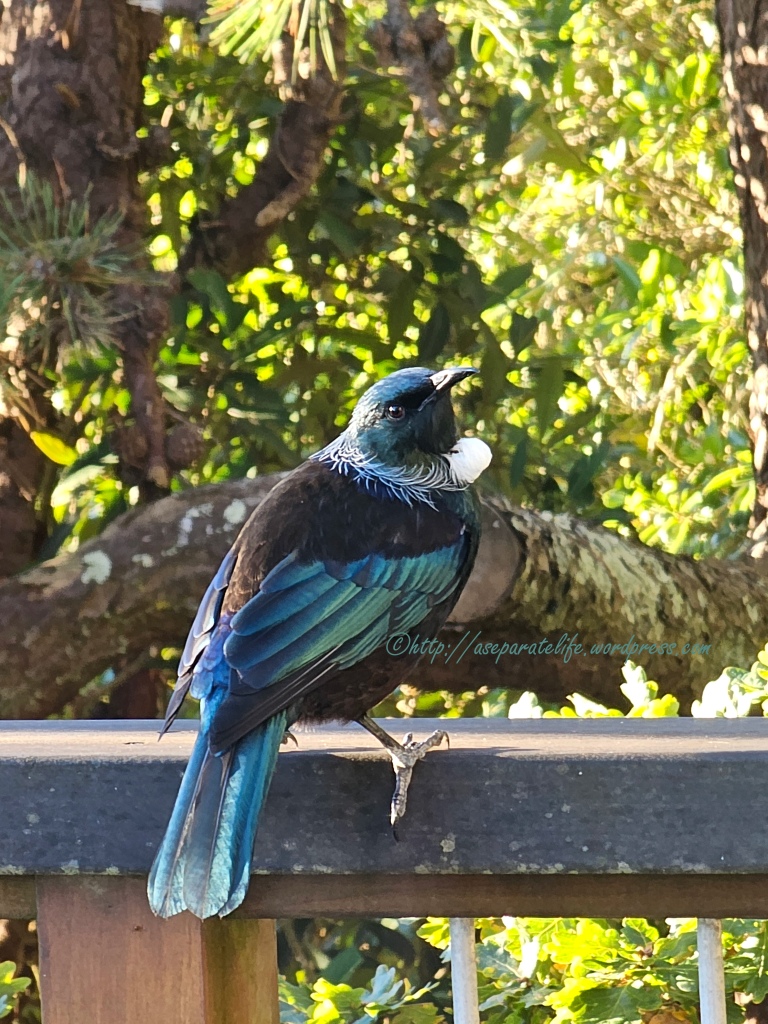Easter is the second longest holiday of the year in NZ after Christmas/New Year – which I lump together, because most people take it off all at once. There’s Good Friday when all the shops are closed, and Easter Sunday also has restricted trading hours. Most workplaces and schools are still closed on Easter Monday, and schools don’t go back till Wednesday. It’s a really good break.
New Zealand is not a religious country, but we still observe religious practices in our institutions (eg Parliament), and our calendars. These practices no longer reflect the New Zealand of today, where (in the last census) almost half the population (48.6%) reported that they belong to no religion. The religious nature of these practices and public holidays has never sat well with me, and in 2024 it all seems even more outdated than ever.
Most New Zealanders only recognise Easter and Christmas in a secular way. They are cultural, not religious, occasions. Christmas is celebrated because it is the end of a long year and the beginning of our summer holidays, and involves family gatherings and good cheer and lots of food and fun. At Easter, we eat Hot Cross Buns because they are seasonal and yummy. We buy chocolate because the supermarkets are full of it. These days I make homemade marshmallow Easter eggs (because stupid Cadbury* stopped making them when they moved production to Australia), because that’s what we eat at Easter in New Zealand. The food for the celebrations have lasted longer than the meaning. (Although let’s be fair, “the meaning” we might refer to today was changed centuries ago from the original pagan festival.) To be honest, the religious aspect of these days is irrelevant to most New Zealanders and, except to a small minority, it is largely an anachronism. Something that doesn’t fit in with modern life in New Zealand, and hasn’t done for a long time. So most of us ignore it. It’s more convenient and less controversial. I think that’s why these practices have continued for so long. But that’s not really fair to all those who either weren’t raised in the dominant religion or who no longer adhere to it.
Not to mention the fact that a northern spring celebration occurs here in autumn, when the temperatures dip and the trees start to turn. (Sigh. Once again, we suffer from the tyranny of the north!) Talk about out of place! Still, toasted spicy buns, and a roast dinner with the first winter vegetables are perfect for this time of year, so we have adapted. And a break at the end of summer/beginning of winter can be great. If the weather is good, it’s one last hurrah out in the sun. If it isn’t, then we have an excuse to collapse on the couch, grab a book or watch a movie, open a bottle of red wine, and light the fire/turn on a heater. I’ve done combinations of all the above this weekend.
Just as we have replaced Guy Fawkes with Matariki (the Maori midwinter celebration), maybe it is time to replace our other holidays. Just as long as everyone continues to get the same days off, and we still get to eat spicy buns and chocolate marshmallow eggs!
* don’t get me started!
Read Full Post »










